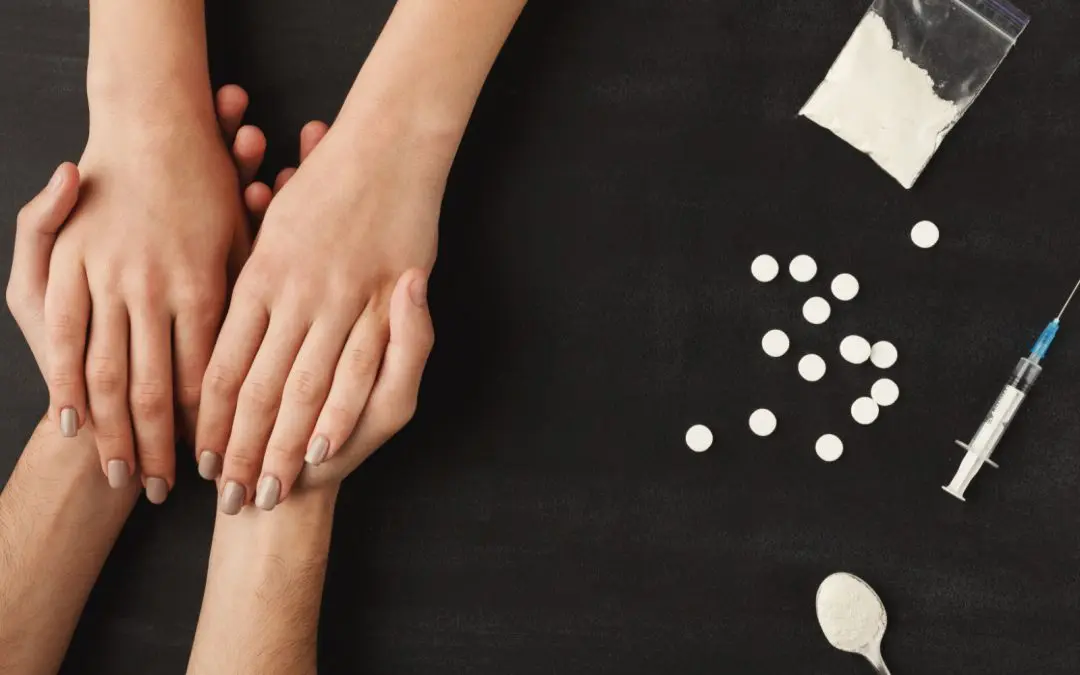24/7 Helpline:
(866) 899-221924/7 Helpline:
(866) 899-2219
Learn more about PTSD Treatment centers in Cordele
PTSD Treatment in Other Cities

Other Insurance Options

Humana

Ceridian

Health Net

Horizon Healthcare Service

Kaiser Permanente

PHCS Network

MVP Healthcare

Self-pay options

Anthem

Premera

Health Choice

Magellan Health

Molina Healthcare

Oxford

Optima
Beacon

Private insurance

Lucent

Coventry Health Care

MHNNet Behavioral Health

Middle Flint Behavioral Healthcare – Phoenix House
Middle Flint Behavioral Healthcare - Phoenix House is an outpatient treatment facility offering beha...

Medical Vocational Rehabilitation Services
Medical Vocational Rehabilitation Services is a private rehab located in Cordele, Georgia. Medical V...

AA – Alcoholics Anonymous
AA – Alcoholics Anonymous is a non-profit rehab located in Cordele, Georgia. AA – Alcoholics Anonymo...



















